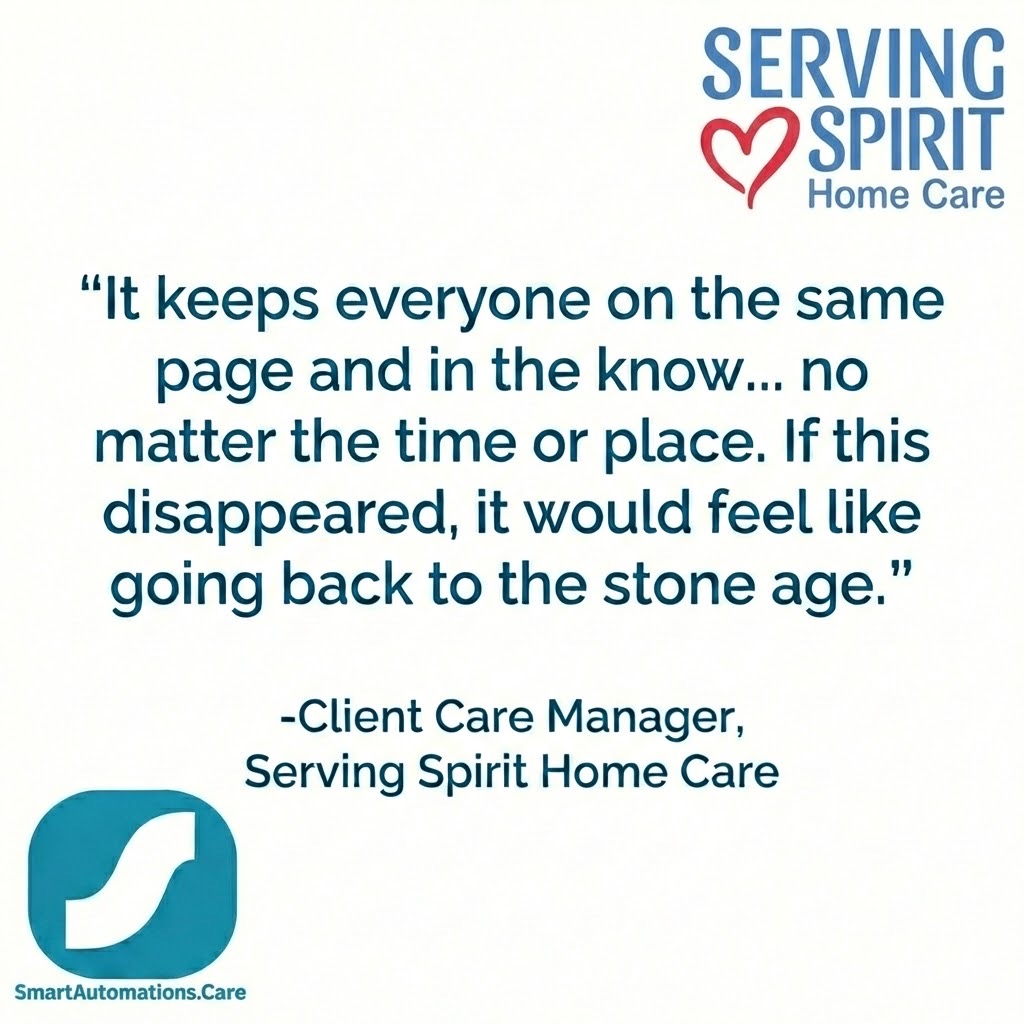The phones never stop ringing In home care, it is truly a 24/7 business. Seasonal surges, caregiver call offs, and sudden spikes in referrals can stretch even the best-prepared agencies. These high-volume moments do more than create stress. They reveal how well your systems work. If everything goes well, they show where your team shines. When handled poorly, they expose gaps that affect client and caregiver trust and slow growth.
Identifying Bottlenecks
Busy days make it clear where processes break down. Information often gets scattered, stored in different places, or delayed before it makes it into the proper location. Follow-up tasks might be missed because they are never assigned in real time. Families can feel the delays. Caregivers can feel out of the loop. These are not just problems during the rush. They point to weaknesses that will appear again.
The Cost of Disorganization
When call processes start to falter, the impact spreads quickly. Families may choose another agency if details are missed or follow-up takes too long. Caregivers may show up to shifts without the information they need. Staff morale drops when each day feels like putting out fires instead of supporting clients. Over time, these issues can wear your people down and slow the agency’s ability to grow.
Creating a Systematic Approach
High-volume periods are not going away. The key is to create systems that work in both calm and chaotic times. Real-time documentation ensures every detail is captured as it happens. Information that updates instantly across the team prevents duplication and confusion. Clear steps for prioritizing calls keep emergencies from overwhelming the rest of the work. With these systems in place, high call volumes can be handled smoothly instead of becoming a crisis.
How SmartAutomations.Care Helps
SmartAutomations.Care was built for this challenge. Our platform captures the details of every call, handles documentation, and makes information available to your entire team right away. We enable teams to take the action that is needed or the next step in the process. That means less time spent on data entry and more time spent listening and connecting with the person on the other end of the phone. Even on the busiest days, agencies can stay organized, responsive, and focused on what matters most, providing quality care.
Busy call periods will always be part of home care. They do not have to feel chaotic. With the right systems in place, they become opportunities to build trust, show professionalism, and strengthen relationships with families and caregivers.

.png)


